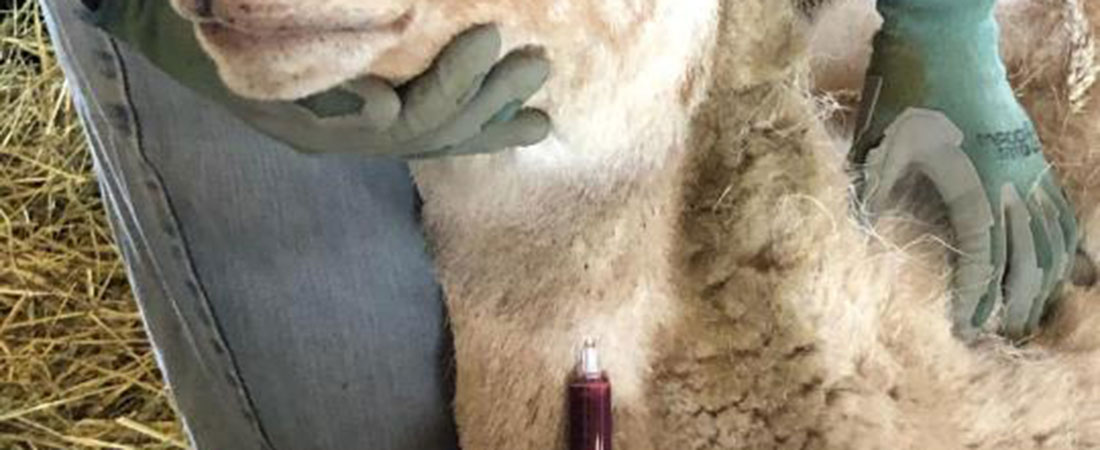Biosecurity Monitoring

Acquiring high quality genetics is critically important to improvement of your flock. But in doing so, you risk exposing your existing flock to disease, or for beginners, “starting off on the wrong foot”. The health of your flock is important to you and it’s important to us as well. We’ve all heard the stories of buying sheep at an auction only to learn weeks or months later that the animal was carrying a contagious disease and by then it may have spread throughout the flock. Our attempts to screen all incoming animals is our best management approach to prevent infection in the first place. Our routine testing of our brood ewe flocks further ensures that we are free of contagious diseases. We hope that our biosecurity screening programs provide that added level of assurance that our stock is not only of high quality, but healthy as well.
Waldoview Farm
We have a rigorous screening program that consists of both testing and quarantine of incoming animals plus annual screening of adult ewes. In addition, farm visitors are asked to not wear their “barn boots” when visiting and we require them to disinfect their shoes upon arrival. Our screening protocol consists of blood tests for three of the most common contagious diseases in sheep: Ovine Progressive Pneumonia (OPP aka small ruminant Lentivirus or CAE in goats), Johnes Disease, and Caseous Lymphadenitis (CL aka cheesy gland). When acquiring animals (rams), we prefer to test animals before they leave the farm of origin, but either way, all incoming animals are quarantined for 3 or more weeks separate from other sheep. In addition, a rotating 20% of the brood ewe flock are tested for OPP, CL, and Johnes annually. Incoming rams over 1 year of age are now tested for Brucella ovis as well. All testing in recent years has been conducted by Sage Labs in Emmet, ID or at WADDL, Washington State University in Pullman, WA.
Charmingfare Farm
Because Charmingfare has so many animals of many breeds and species, and because portions of the farm are open to the public, strict biosecurity standards are a must. In addition, portions of the farm are under federal veterinary inspection annually. Within the Katahdin flock specifically, the entire flock is tested for OPP, CL and Johnes every 5 years and only staff members are allowed in pens at the farm. All movement of rams between Waldoview and Charmingfare (and vice versa) which occurs annually, are subject to blood testing. Although quarantine is typically brief when exchanging rams between our 2 farms, we perform close trimming, disinfecting, and visually inspecting each animal’s hooves and appraisal of overall body condition. All testing is done through Sage Labs in Emmet, ID.
